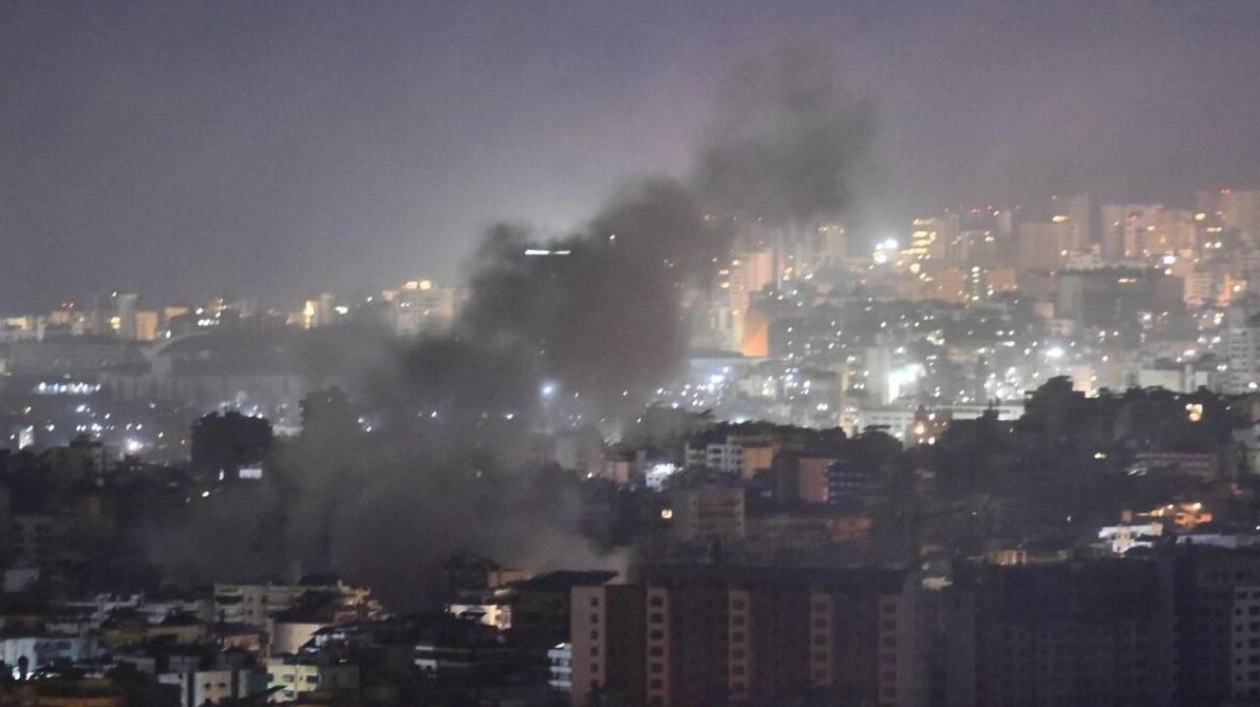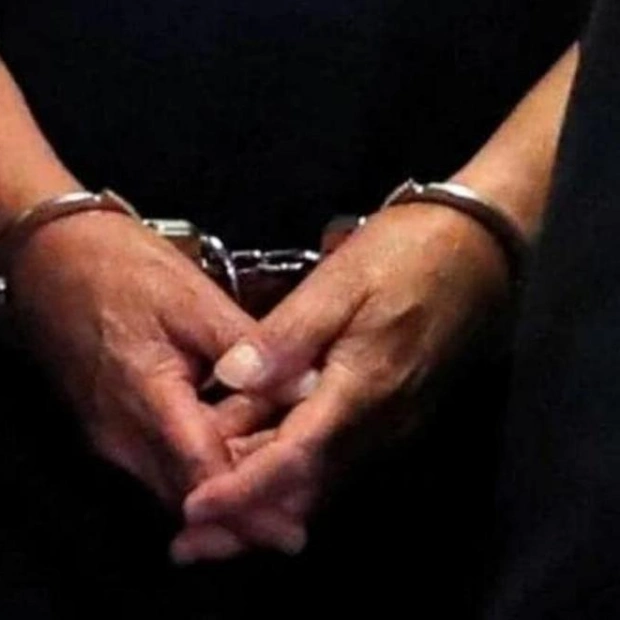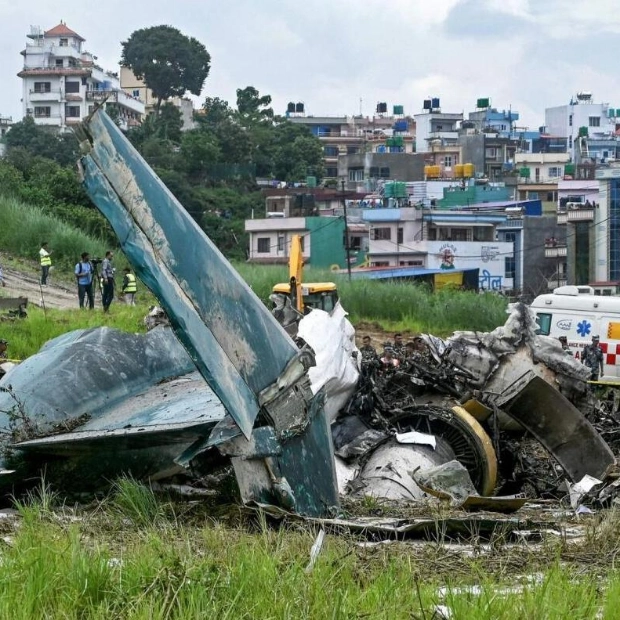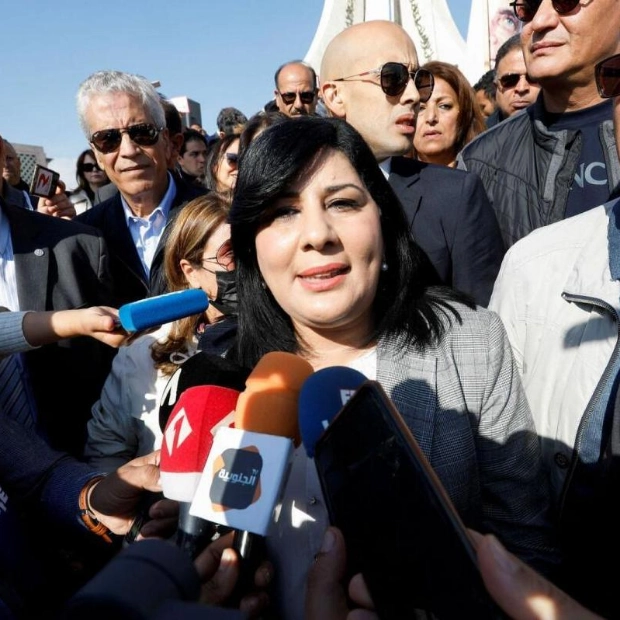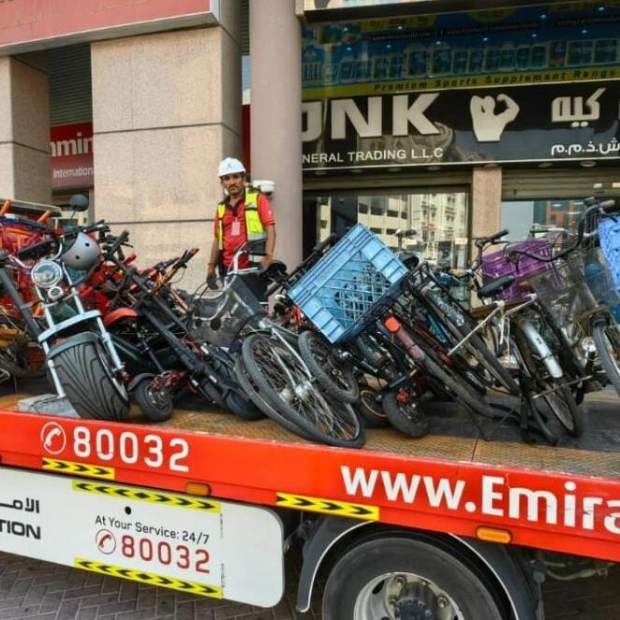The Israeli army announced on Tuesday that its troops have initiated 'ground raids' in villages located in southern Lebanon. This move follows a statement from the militant group Hezbollah, which claimed to have targeted 'enemy soldiers' near the border of the two countries. A Lebanese security official reported that Israel had also carried out at least six strikes on south Beirut. Meanwhile, Syrian state media documented deadly strikes around the capital, Damascus.
Despite international calls for de-escalation, Israel has pledged to continue its fight against Hezbollah and has declared a military zone in parts of its border with Lebanon. Israeli Defence Minister Yoav Gallant cautioned that the conflict is far from over, even after a significant strike on Beirut that resulted in the death of Hezbollah leader Hassan Nasrallah on Friday, which dealt a substantial blow to the group.
The Israeli military confirmed that its troops, supported by airstrikes and artillery, launched ground raids targeting Hezbollah in villages close to the border. The military stated that these targets 'pose an immediate threat to Israeli communities in northern Israel'. Israel informed its primary weapons supplier, the United States, about these incursions, according to US State Department spokesman Matthew Miller.
US President Joe Biden expressed opposition to an Israeli ground operation earlier on Monday, calling for a 'ceasefire now'. Hezbollah has indicated that it is 'ready if Israel decides to enter by land'. As Israel declared its ground raids, Syria's official news agency Sana reported that the country's air defence systems had intercepted three rounds of strikes in the Damascus area. State television reported the death of anchor Safaa Ahmad 'in the Israeli aggression' on Damascus, while Sana reported three civilians killed and nine others wounded.
The Israeli air force's bombardment of south Beirut also led to a Palestinian camp official in south Lebanon reporting that an Israeli strike hit Ain Al Helweh camp in the city of Sidon, targeting a Palestinian militant. The strike reportedly hit 'the house of the son of Mounir Maqdah,' according to the official, who requested anonymity to discuss sensitive matters. Israel has accused Maqdah of heading the Lebanese branch of Fatah's armed wing.
Hezbollah had earlier stated that it 'targeted' Israeli troops in the border village of Shtula, with a source close to the group claiming the soldiers were 'right on the border'. There was no immediate comment from Hezbollah following the Israeli army's announcement of the ground raids, but the group's Al Manar television reported the Israeli statement on its Telegram channel.
US news site Axios cited two Israeli officials stating that the military incursion is 'targeted and limited in time and scope and is not intended to occupy southern Lebanon'. Lebanon's national army, which is significantly outmatched by Hezbollah's military power, was 'repositioning' troops farther from the border, according to a military official.
World leaders have urged de-escalation, with UN Secretary-General Antonio Guterres' spokesman Stephane Dujarric stating: 'We do not want any sort of ground invasion.'
